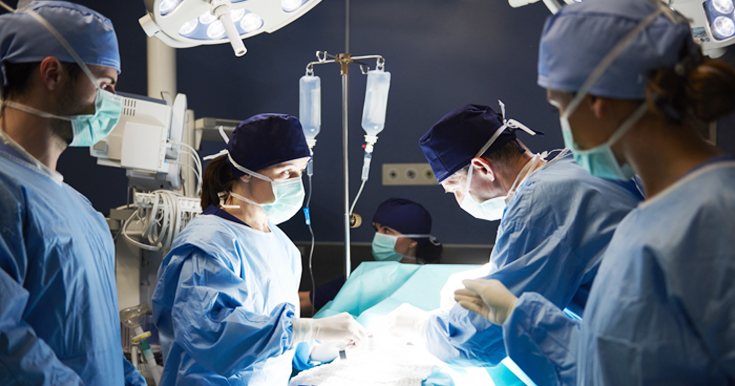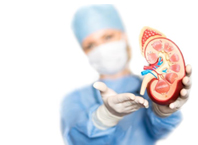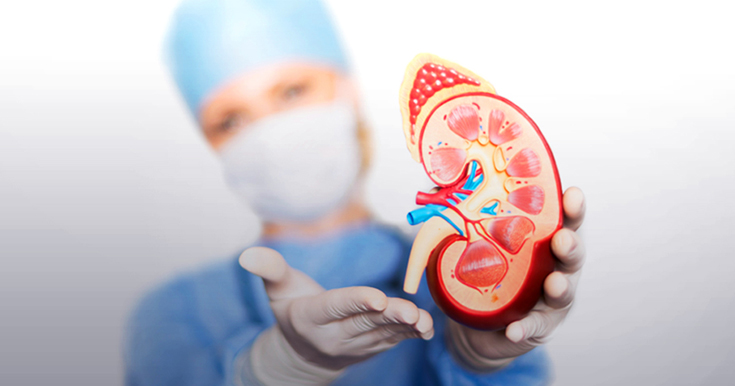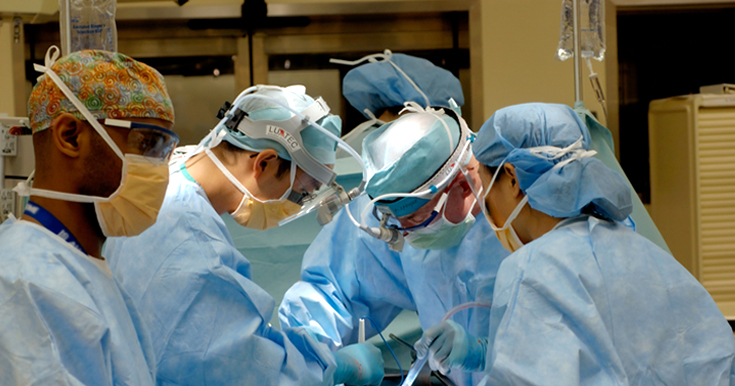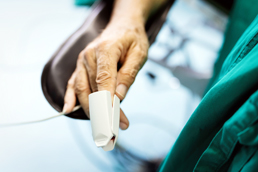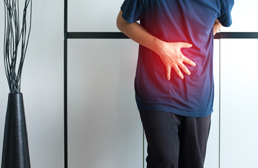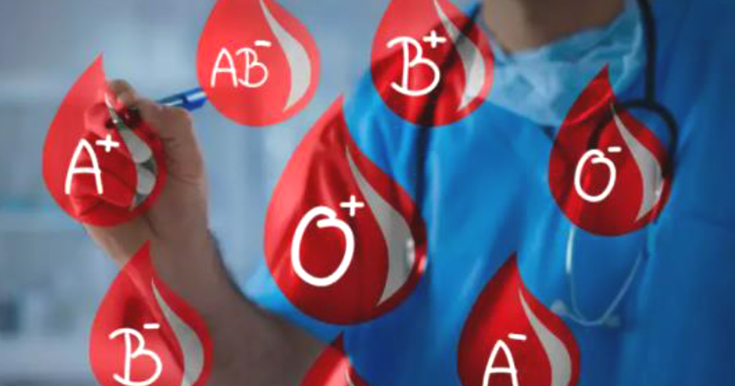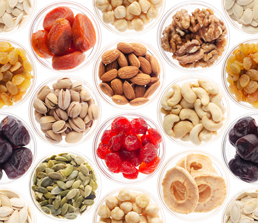Cardiology, the department for the treatment of heart patients, is not a new term you hear. The 20th century brought many extraordinary advances in the field of Cardiology. Heart disease is considered one of the most common causes of death everywhere in the world. If we go through the statistics of the number of deaths caused by cardiovascular problems is terrifying. Some of the risk factors that cause heart diseases are high blood pressure, high cholesterol, and smoking.
What Are The 5 Discoveries of Cardiology?
Many studies conducted by famous doctors and scientists of top heart hospitals identified the problems and discovered new treatments for heart risks. They discovered many tests and techniques in the field of cardiology in the 20th century. If the heart problem is not diagnosed correctly on time, it can get worse. Below you can find the top 5 discoveries of cardiology in the 20th era.
1 – Electrocardiography
It is a type of process in which an electrocardiogram (ECG or EKG) is produced. The result of the test is depicted as a graph of voltage against time. The electrical activity of the heart is checked by placing electrodes on the skin. Types of equipment to check the ECG was earlier used to record signals passing through the transatlantic cable. This test is to detect abnormalities of the heart.
2 – Coronary Angioplasty
Coronary angioplasty is an operation to open the obstruction in the coronary artery tapered by atherosclerosis using a balloon. Once the doctors find where the blockage is, they will make a small cut on your body to execute angioplasty. It will increase the blood flow to the heart.
3 – Open-Heart Surgery
This surgery is for the heart muscle, arteries, aorta, and valves connected to the heart. The patient’s body will be connected to heart-lung equipment or a bypass pumping technique during open-heart surgery. Which means your heart will not be functioning when you are connected to this machine.
4 – Lipid Hypotheses and Atherosclerosis
Lipid hypothesis (cholesterol hypothesis) is a medical theory to assume cholesterol levels. The reason for causing atherosclerosis is the presence of an increased level of low-density lipoprotein (LDL). Since this discovery was made, doctors can check if a person has high or low cholesterol.
5 – Echocardiography
This test is commonly used these days to capture the live images of the heart using sound waves. By seeing the heart’s images, doctors can easily understand how the heart and its valves are functioning.
More discoveries developed in the 20th Century
These are not only the discoveries made. More researches and developments came in related to Thrombolytic Therapy, Cardiac Catheterization, and Coronary Angiography. Likewise, Coronary Care Units, Automatic Implantable Cardiac Defibrillators, Preventive Cardiology, and the Framingham Study are developed. These discoveries help a lot of patients suffering from various heart problems that might even take their life. Many top heart hospitals offer these treatments now.
Conclusion
All these studies and technologies have been improved, considering the high risks caused by heart diseases. We should thank all the doctors and specialists who spend some quality time conducting investigations and educations to improve the treatments to the next level. ILS Hospitals, a top heart hospital in Kolkata is on a constant run for research & development in the cardiology department to provide the best to their patients. To know more about the latest development, you can follow https://www.ilshospitals.com/.














